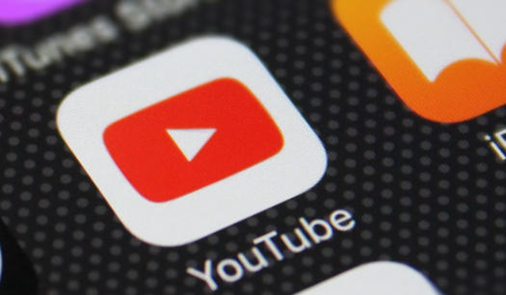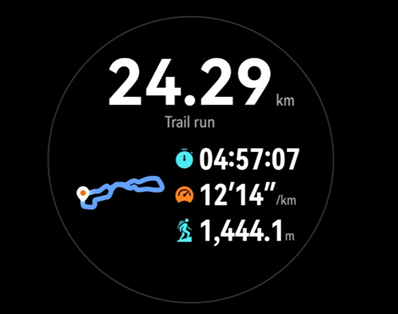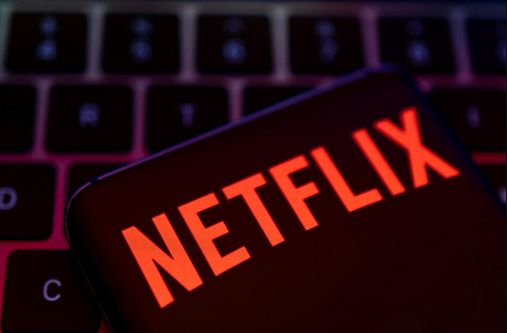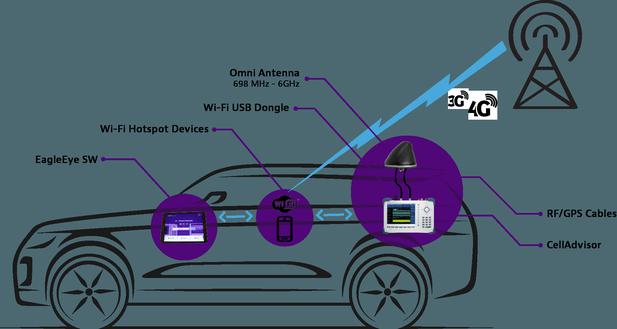Proprietary software
Definition
proprietary software , also known as non-free software , exclusive software , Private software , Closed software , etc.
These limits are implemented through legal or technical means, sometimes, these two means are simultaneously employed. The most common way of technical restrictions is to keep the source code that can be read by everyone, and only the computer that only the computer can read (such as binary format). Legal restrictions include copyright (with software licenses) and patents. The source code for these programs is often considered commercial confidentiality by their holders. If the third party wants to view the source code, the security protocol is often required.
and commercialization
proprietary software is not equivalent to commercial software. Private software and free software can be distributed for free or charge. The difference between them is that the owner of the proprietary software can decide whether the software can be distributed, and the amount of the fee. Free software can be discontinued by any holder, and the relevant replication and service costs can also be determined.
Language and Legal Meaning
From the literal, "ownership" can specify which things can be done for the user in terms of the owner of the software.
The owner of the proprietary software does not need to "proprietary" software, as long as the source code is not published, by publishing the compiled program, the mass software and software under license protection can become Proprietary software.
Support
Microsoft is a supporter of commercial proprietary software, which believes that users pay for software to increase software research and development funds. It claims that the cost of each copy of the software makes it possible to maximize the revenue of software development.
It is said that proprietary software has driven more business activities than free software, which is even more such as market income.
Objective
The upgrade of software future versions and software makes software users unable to leave the software owner, which will lead to a monopoly.
If the problem is found in the software, the software owner has disappeared, or they decide to stop or reduce the production or support of software, they can let users fall into unfavorable and helpless. Due to business issues, software owners may not improve or support software. The support of the software has expired, and if there is no other software vendor to support, the user will be forced to upgrade to the new version.
Flora
Common proprietary software includes Windows, Microsoft Office, RealPlayer, iTunes, Photoshop, Mac OS X, Winzip, etc.
Latest: No matter what
Next: Windows Mobile








